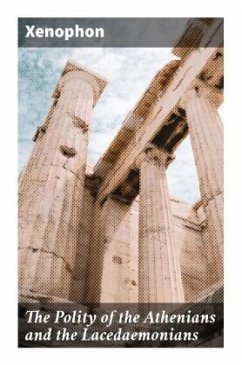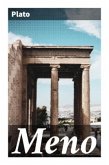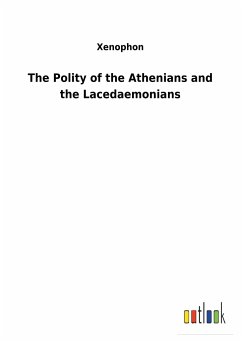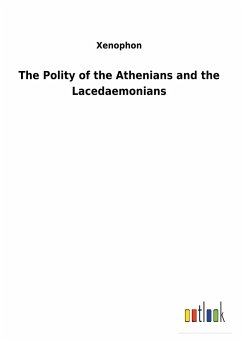In "The Polity of the Athenians and the Lacedaemonians," Xenophon offers a comparative analysis of the political structures of two of ancient Greece's most prominent city-states: Athens and Sparta. Through a meticulous examination of their respective governance systems, social mores, and military organizations, Xenophon employs a straightforward yet persuasive literary style, characterized by clarity and rhetorical precision. This text not only showcases his philosophical inclinations but also situates itself within the broader context of classical political thought, drawing on the rich tradition of Socratic dialogue and constitutional inquiry prevalent in the 4th century BCE. Xenophon, a student of Socrates and a seasoned soldier, grappled with the political upheavals of his time. His experiences, ranging from military campaigns to prolonged periods of exile, endowed him with a unique perspective on governance and civic responsibility. His writings reflect an unwavering commitment to exploring the virtues and vices of political life, positioning him as a crucial figure in the development of Western political philosophy. This text serves both as an intellectual endeavor and a pragmatic reflection on the varying paths of civic development. This book is an essential read for scholars and enthusiasts alike, as it not only enriches our understanding of Athenian and Spartan political systems but also prompts contemporary readers to reflect on the nature of governance. Xenophon's keen insights remain relevant, making this analysis an invaluable resource for anyone seeking to understand the complexities of political life in a historical and modern context.
Bitte wählen Sie Ihr Anliegen aus.
Rechnungen
Retourenschein anfordern
Bestellstatus
Storno








